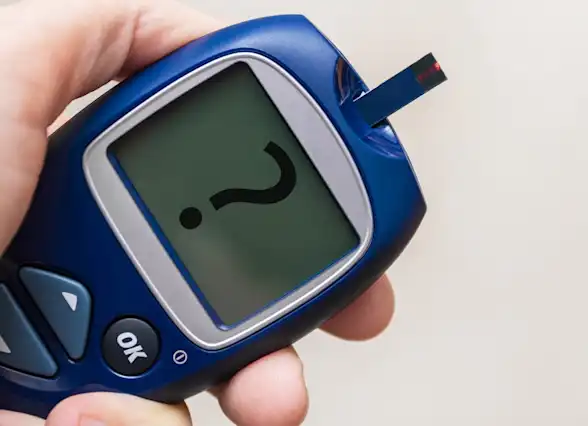Diabetes Questions for the Provider
Diabetes is a chronic conditions that affects everything in the body. Use this list of questions to make the most of any appointment related to diabetes care.
Get insurance benefits, legal documents, and medical records in one place

Helpful Highlights
Write down questions a few days in advance to make sure all concerns are included.
Do not limit yourself to these questions; ask others as you think of them.
If an individual has been diagnosed with diabetes, there will likely be many questions. The first resource should be the healthcare team, as they can help navigate any confusion or uncertainty. Asking the most relevant questions will help you know what to anticipate and how to take action.
Use this list to help prepare questions for the provider ahead of time. This will help you make the most of each appointment regarding diabetes management.
Symptoms
What are the signs that blood sugar is too high?
What are the signs that blood sugar is too low?
What complications can result from blood sugar that is too high or too low?
When should I call the provider?
When should I call an ambulance?
Diet
How does sugar affect someone with diabetes? How much sugar can they have?
How do carbs affect diabetes? What is the daily carb limit?
What foods increase blood sugar the most?
How does water affect blood sugar? How much water should be consumed daily?
Is alcohol allowed, and if so, how much?
What are good evening snacks?
What is the best rescue food for low blood sugar?
What foods help with weight loss goals?
Do you recommend connecting with a Registered Dietician or Nutritionist?
Activity and exercise
What needs to be done before starting an exercise program?
What types of activities and exercises are best for:
lowering blood sugar?
weight loss?
What activities or exercises should be avoided?
When should blood sugar be checked during exercise?
Should the person eat before or during exercise?
Do medications need to be adjusted with exercise?
What should someone have with them when they exercise?
How should diabetes be handled when traveling?
Medications and therapies
How often should blood sugar be checked?
Would continuous glucose monitoring (CGM) be beneficial?
How often should blood pressure be checked?
How often should A1c, cholesterol, and kidney function be checked?
How do you decide which medications to prescribe (oral agents versus insulin), and why did you choose them?
When should they be taken?
What happens if a dose is missed?
Are there any side effects? Will they go away?
Is it possible to stop diabetes medications in the future?
How will we know if the medicines are working?
Should a Glucagon emergency kit be available at home or on hand?
Is a medical alert bracelet or pendant recommended?
Do you recommend connecting with a Diabetes Educator?
What other healthcare appointments should be made and how often? (eyes, feet, dental)
Feet
How is a proper foot exam conducted, and how often?
How are pedal (foot) pulses checked?
What concerns are found on a foot exam and who should be called? (PCP, podiatrist)
Is it okay for individuals to trim their own toenails?
What type of shoes and socks should be worn?
In case of illness
What should someone with diabetes eat or drink? What should be avoided?
Should medication adjustments be made?
How often should blood sugar be checked?
Are there special concerns with vomiting or diarrhea?
When should a provider be called? When is it necessary to call an ambulance?
Other
If diabetes is properly managed, can complications be avoided, or should we expect some complications regardless? If so, what?
RESOURCES
American Diabetes Association (ADA) - Medications & Treatments
No content in this app, regardless of date, should ever be used as a substitute for direct medical advice from your doctor or other qualified clinician.
Get more support and guidance on insurance benefits, medical records and legal forms.
Helpful brings together your insurance benefits, legal documents, and medical records in one personalized place — so you always know what you have, and never have to search again.

Technology for Health Tasks. Mental Health for the Tough Stuff.
Helpful connects your medical records, insurance, and caregiving tasks automatically. And when you need more than logistics, a therapist is here to guide you.
In-Network and Covered
For Individuals, Couples and Families
HIPAA Compliant, Data Stays Private


Healthcare Tasks Simplified

From syncing records to spotting drug interactions, Helpful does the heavy lifting, turning complex health info into clear tasks and showing you benefits you can actually use, giving you clarity and control over your care.

In-Network Mental Health

Our licensed therapists are here to support you and your loved ones through stress, burnout, and life’s hardest moments, with an inclusive, compassionate approach that works with most insurance plans.

Create Legal Documents

Plan ahead by creating will, trusts, advance directives and more, that ensure your wishes are honored in the event you can’t speak for yourself -with Helpful guiding you every step of the way.